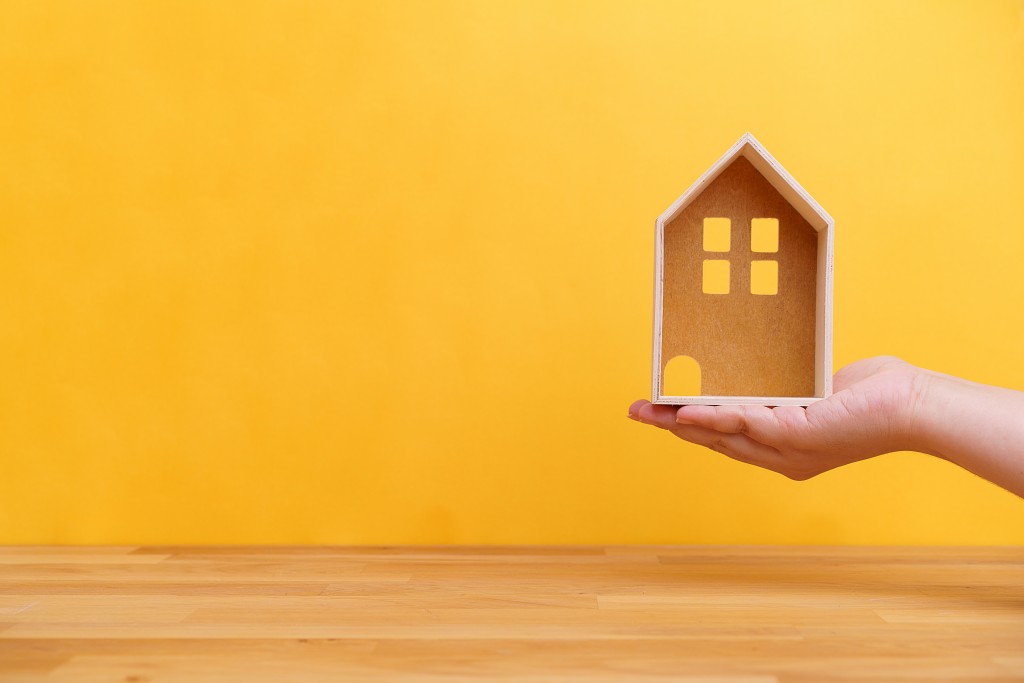Congratulations, you’re a homeowner! You feel different, right? For the first time in your life, you are responsible for paying, maintaining, and securing a valuable property. It’s time to get your hands dirty and make sure your home is safe and secure.
Security and Safety
Getting homeowners insurance is part of securing your home against future catastrophes, mishaps, and accidents. Most insurances cover natural calamities and even human-made disasters, so you’ll sleep better knowing you won’t go bankrupt if the plumbing system suddenly breaks down. But another thing you should worry about is changing the locks in the house. You should have done this before moving in. For some reason, other people might have a spare key on your door. If your home has a digital lock system, reset all the codes.
Test the fire detectors and the water heater. You don’t want your kids to accidentally scald themselves when they turn on the heater. Make sure everyone’s aware of the proper settings. Put a fire extinguisher on every floor of the house and check if all the light bulbs (especially the exterior ones) are working.
Maintenance
Following a schedule will prevent a lot of significant problems in the future. For example, cleaning the HVAC filters will ensure that the system is functioning properly. You should also clean the gas hose and vent yearly, as well as the fridge coils, water heater, and gutters. Proper maintenance of these is needed to ensure you won’t bankrupt yourself trying to do minor and major repairs around the house. At least once a year, get a home inspector to do a report on your home.
Emergency Preparedness

Accidents happen all the time, no matter how careful you are. This is why it pays to be prepared for emergencies. One of the ways you can do that is to know how everything in your house works—from shutting off the water valve to turning off the gas line to finding the circuit box to testing the sump pump. It is your responsibility to make sure these are all in good working conditions. You should have a list of emergency contact numbers, too. This list should include an electrician, plumber, septic system contractor (if you have one), and insurance agent.
An emergency supply kit will come in handy, too. The kit should have first-aid supplies, flashlights and batteries, non-perishable food and water, radio and cellphone with backup batteries, and blankets, and warm clothing. Let everyone in the household know where these supplies are stored.
Documents
Do you know that the most important things you should grab if there’s an emergency and you need to evacuate are your mortgage and personal documents? Make sure to store the original copies in a safe place, such as a bank’s security box. If you cannot rent a security box, put these documents in a bag and store it in an easily accessible location in your home. Grab this first before heading out the door during an evacuation. You will need these documents to get your life and home back in order.
Owning a home is more than just living in it and designing it. Homeownership is a huge responsibility. Making sure that you have everything covered will lead to a more peaceful and tranquil living situation.
